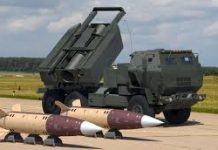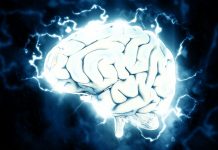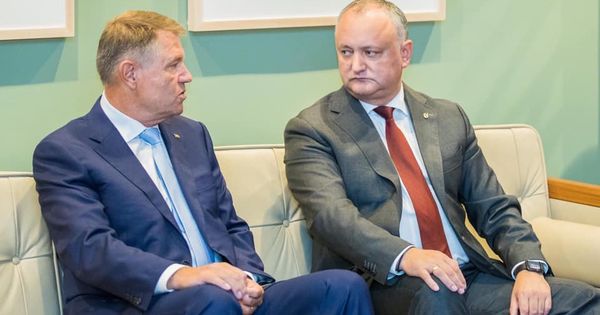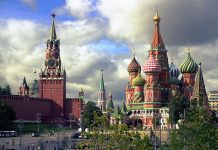The presidents of Romania and Moldova have met in New York on the sidelines of the UN General Assembly and each side issued a statement afterwards. Reading the statements you’d be forgiven for thinking the two nations’ top officials were at the same meeting.
POLITICAL OPTIONS
The presidents have different political convictions. Romanian President Klaus Iohannis is a centre-right politician, pro-European and pro-US. Moldova’s president, Igor Dodon nurtures close ties with Moscow and wants his country of 3 million to have better relations with Russia.
The fact remains, however, that Romania and Moldova are neighbours, share a common history and language and do business together. Thousands of Moldovan citizens have become Romanian citizens in recent years allowing them freedom of movement in the European Union.
SAME MEETING, DIFFERENT STATEMENTS
Iohannis’ office began the statement by saying the meeting was brief. He said from Bucharest’s perspective, Moldova needed to stay on the “European path,” to give the citizens in one of Europe’s poorest countries a chance of prosperity.
Iohannis’ statement focused on things the countries share_ a common history, culture and language. If these things link the neighbours, Moldova shouldn’t use them as political instruments, he said.
The Romanian president also stressed there should be no federalisation of Moldova to solve the frozen conflict of Trans-Dniester, the sliver of land in eastern Moldova that broke away in 1990. The pro-Russian region which shares a border with Ukraine is not internationally recognized but gets support from Moscow.
BACKGROUND
Moldova was part of Romania until 1940 when it was annexed to the Soviet Union under the Molotov-Ribbentrop Pact and the official language became Russian. It declared independence in 1991 when the Soviet Union collapsed. Prior to independence, Moldova adopted Romanian as its official language. The switch also involved adopting the Latin alphabet. Some still call the language Moldovan and many citizens speak Russian.
WHAT DODON SAID
Unlike Iohannis, Dodon made no mention of European integration, federalisation or Trans-Dniester in his short statement which focused on “strategic character of our cooperation,” and strong trade ties between the countries. He thanked Romania for various economic, social and energy projects that have helped the former Soviet republic. Dodon treasures his good relations with Moscow and talk of European integration or solutions for Trans-Dniester may not be helpful or appeal to his supporters.
Dodon supports the idea of “Moldovanism,” which argues the two languages are separate and distinct. It’s a theory that has its roots in the Soviet era when Moscow was promoting Moldova’s geographic and linguistic separation from Romania to prevent ties between Moldovans in Romania and Moldovans in the Republic of Moldova on the other side of the River Prut.
WHAT THEY AGREED ON
Of course, we don’t know everything that was said, but both sides agreed they did not want Moldova to be federalised, Iohannis’ statement said. He also said Dodon foresaw a “special statute” for Trans-Dniester.
WHAT HAS CHANGED?
Moldova held parliamentary elections in February resulting in a hung parliament. In a surprise development Maia Sandu, a Harvard-educated former World Bank economist, became head of a coalition government with Dodon’s pro-Russian Socialist party,
Sandu’s ACUM party wants Moldova to join the EU, while Dodon wants closer ties with Russia. Moldova signed a political and trade pact with the EU in 2014, something Russia disapproved of. So far, the alliance which is supported by Russia, the EU and the U.S. has stuck together.
NOT NATURAL ALLIES, BUT…
The body language of the two presidents was formal but open, with no signs of tension. Another picture shows the men engaging and smiling.
Alison Mutler is an experienced British journalist based in Bucharest and has covered Romania, Moldova and occasionally Bulgaria and Hungary for almost 30 years. She first reported from Romania, Bulgaria and Moldova before communism ended, and was In Romania, working for British television station ITV during the 1989 anti-communist revolt. She recently left the Associated Press after 25 years. Her Twitter handle is @AlisoNJMutler



















